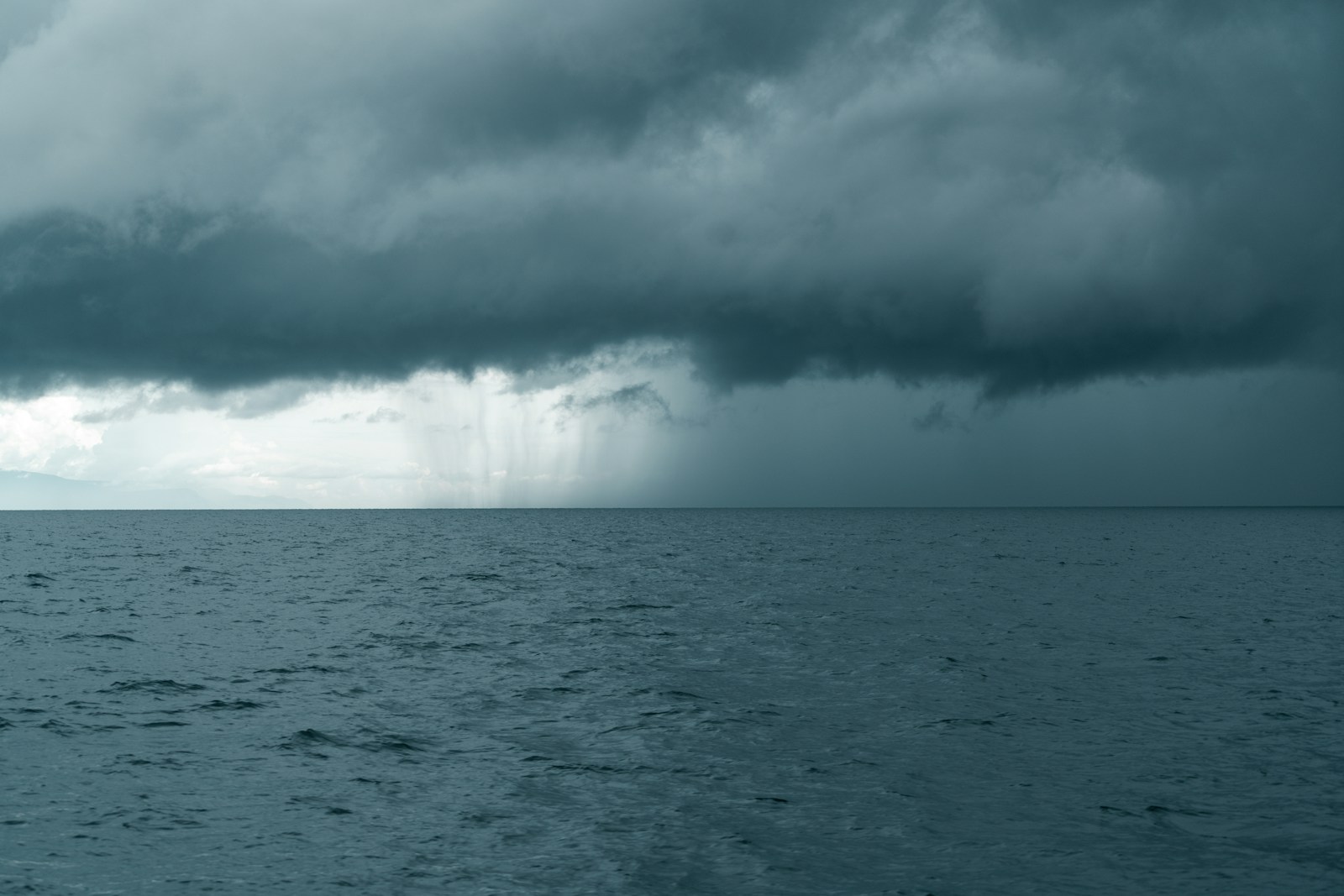
hacer mal tiempo

bad weather
The Spanish phrase 'hacer mal tiempo' translates to 'bad weather' in English. This is generally used to describe an unpleasant or undesirable state of the atmosphere involving phenomena such as rain, snow, cloudiness, thunderstorms, or extreme temperature. For instance, when there's a storm or it's raining heavily, the Spanish would say 'hace mal tiempo'.
Example sentences using: hacer mal tiempo
Apesar de hacer mal tiempo, decidieron salir a caminar.

Despite the bad weather, they decided to go for a walk.
In this sentence, 'hacer mal tiempo' is used to describe a scenario where the weather is bad, however, the individuals decided to go for a walk.
Nos quedamos en casa porque iba a hacer mal tiempo.

We stayed at home because the weather was going to be bad.
The phrase 'iba a hacer mal tiempo' is utilized to describe a future expected scenario of bad weather that affected the decision of staying at home.
Aunque parecía que iba a hacer mal tiempo, el cielo se despejó.

Although it seemed like the weather was going to be bad, the sky cleared up.
This sentence uses 'hacer mal tiempo' to establish an initial expectation of bad weather, but eventually the sky cleared up.
Debido a que va a hacer mal tiempo, la excursión ha sido cancelada.

Due to the bad weather, the excursion has been cancelled.
In this case, 'hacer mal tiempo' is used to explain the reason for canceling an excursion.
Es probable que haga mal tiempo durante nuestra visita.

It is likely that the weather will be bad during our visit.
The phrase 'haga mal tiempo' is used to express a probability or expectation of bad weather during a certain time period.
Si hace mal tiempo, llevaremos sombrillas.

If the weather is bad, we will bring umbrellas.
This example uses 'hace mal tiempo' to describe a hypothetical scenario where the weather would be bad.
Está haciendo mal tiempo, mejor quedémonos dentro.

The weather is bad, let's better stay inside.
The phrase 'Está haciendo mal tiempo' is used here to express the continuous action of the weather being bad.
Hizo mal tiempo todo el fin de semana y no pudimos ir a la playa.

The weather was bad all weekend and we couldn't go to the beach.
Here, 'Hizo mal tiempo' refers to a past continuous action where the weather was consistently bad.
Empieza a hacer mal tiempo, nos vamos a mojar.

It's starting to get bad weather, we're going to get wet.
This sentence uses 'hacer mal tiempo' to warn about a change in weather that might result in getting wet.
A menudo hace mal tiempo en esta época del año.

The weather is often bad at this time of year.
In this context, 'hace mal tiempo' is used to characterize a typical weather scenario during a certain time of year.